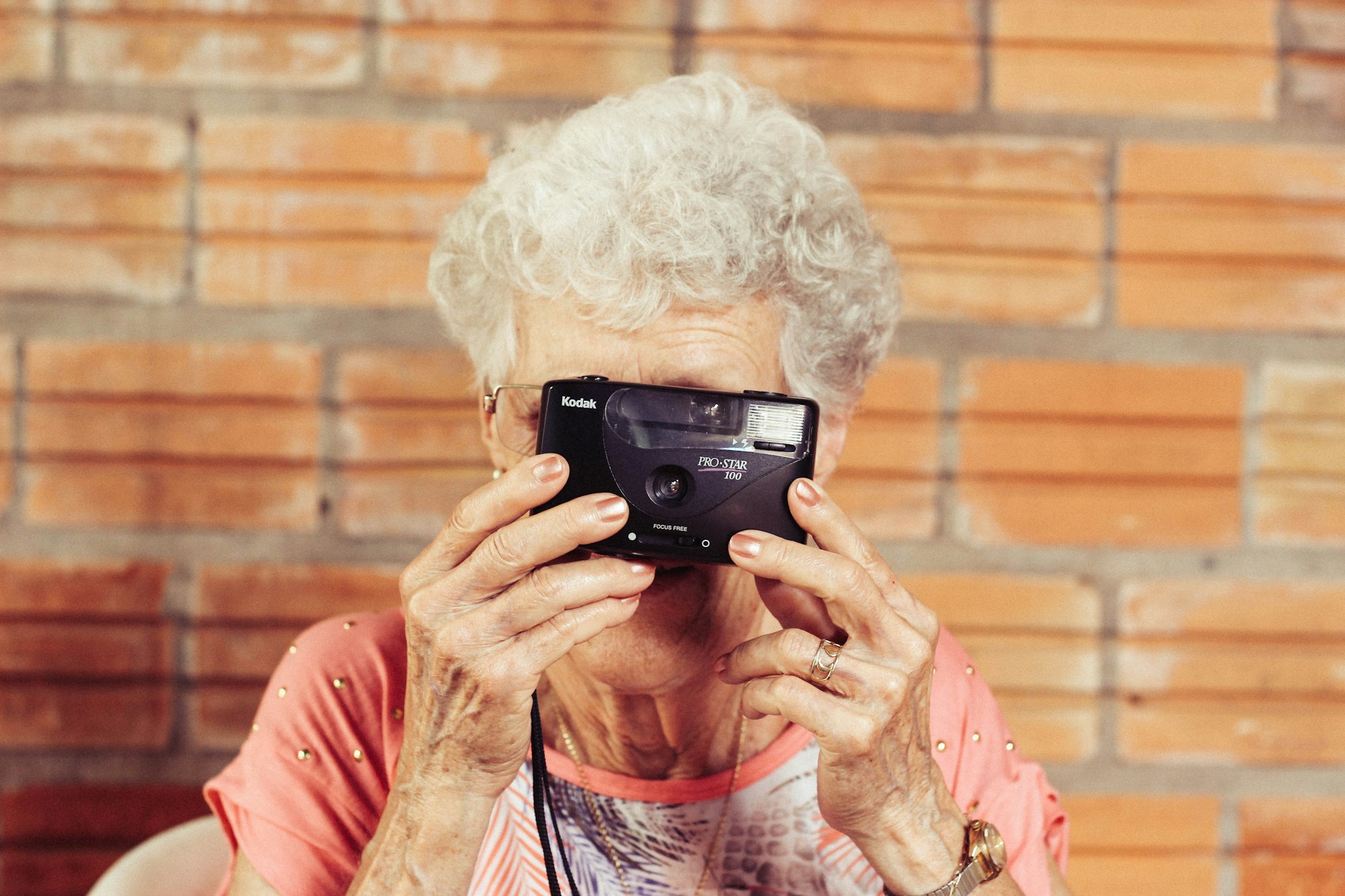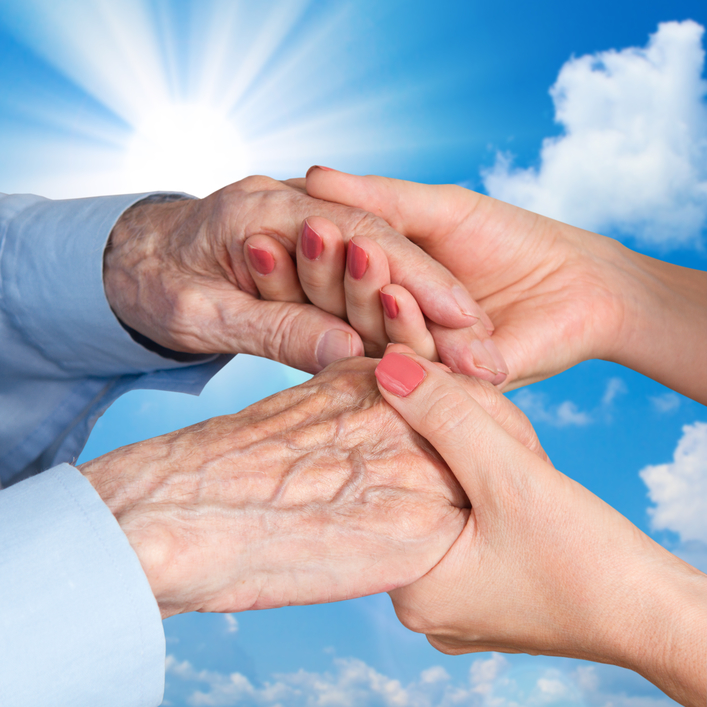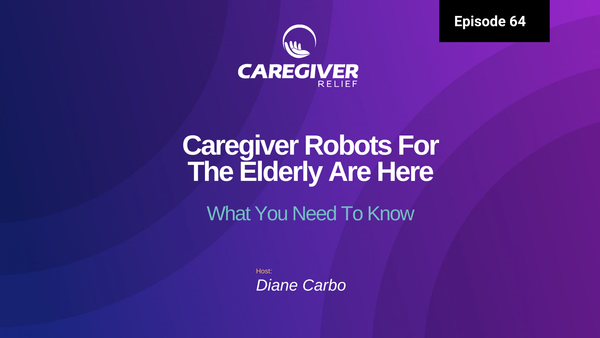Prioritizing Self-Care: Unveiling the Struggles, Neglect and Depression in Caregivers
Caring for others can be a rewarding but also stressful experience. In this article, we discuss the importance of self-neglect and depression in caregivers and offer tips on how to prioritize self-care to prevent burnout. By taking care of ourselves, we can better care for those in our charge.

Submitted by Mel Gaynor, this article delves into the often-overlooked topic of self-neglect and depression among caregivers. Caregivers frequently experience overwhelming guilt when attempting to prioritize their own well-being or finding joy in personal activities. Unfortunately, this guilt-driven neglect of self-care can have detrimental effects on both the caregivers and those under their care. Recognizing the signs of burnout is crucial for all caregivers, regardless of their immense patience and love.
The intricate nature of human response to stress comes into play in caregiving situations. Chronic stress, coupled with neglecting one's own well-being, can lead to exhaustion and burnout. In this depleted state, caregivers may find themselves reacting with frustration or irritation towards those they care for, a response stemming from natural human tendencies but hardly conducive to a caregiving role. This cycle could further exacerbate caregivers' feelings of guilt, creating a vicious circle of emotional turmoil.
Awareness is the first step towards breaking this cycle. Caregivers must learn to identify the signs of burnout and develop personalized strategies to prevent it. Understanding personal triggers and emotional responses is essential. A holistic approach to well-being is recommended; caregivers should focus on maintaining their own rest, emotional health, physical fitness, and happiness. By prioritizing their well-being, caregivers enhance their ability to promote the same state in those they care for.
In summary, this article sheds light on the critical need for caregivers to prioritize their own self-care and mental health. Through self-awareness and proactive measures, caregivers can break the cycle of guilt-driven self-neglect, ultimately fostering healthier and more effective caregiving relationships.
For more on caring for yourself as a carer, read this article.
Test Your Stress Levels:
Unleash the Power of Self-Care: Taking Care of Yourself as a Caregiver
As a caregiver, you devote endless hours to the needs of others, whether it's a loved one, patient, or client. While caring for others is truly noble, it can also be emotionally and physically draining. That's why it's crucial to prioritize self-care and incorporate it into your daily routine.
Nurturing Your Whole Self: Body, Mind, and Spirit
Self-care means taking care of your entire being – body, mind, and spirit. By tending to your body, you ensure that you have the energy and stamina to fulfill your caregiving duties. This includes getting enough sleep, eating well, exercising regularly, and staying hydrated.
But self-care isn't just about the physical. Taking care of your mind involves activities that reduce stress, enhance mental clarity, and uplift your mood. From practicing mindfulness to immersing yourself in a good book or pursuing a favorite hobby, it's all about finding what brings you peace and joy.
And let's not forget about your spirit. Engaging in activities that connect with your inner self and bring you fulfillment is essential. Whether it's spending time in nature, practicing gratitude, or embracing a spiritual practice, nurturing your spirit is just as important as tending to your body and mind.
Prioritizing Your Well-Being: The Key to Quality Care
It's easy to put the needs of others before your own as a caregiver. However, neglecting your well-being can lead to burnout, fatigue, and a decrease in the quality of care you provide. That's why it's crucial to set boundaries around your caregiving responsibilities, communicate your needs, and engage in regular self-care practices.
Achieving Balance: Juggling Caregiving and Personal Life
Maintaining a balance between your caregiving responsibilities and personal life is vital for your overall well-being. This can involve carving out time for yourself each day or week, scheduling regular breaks throughout the day, and finding effective ways to reduce stress and anxiety.
Simple Practices for Self-Care and Renewal
Incorporating self-care into your daily routine doesn't have to be complicated or time-consuming.
Here are some straightforward practices that can make a world of difference:
Take short breaks to stretch, meditate, or practice deep breathing throughout the day.
Engage in physical activity like walking, yoga, or swimming.
Practice mindfulness or meditation to calm your mind.
Spend time in nature to rejuvenate your spirit.
Pursue a creative hobby that brings you joy, such as painting or writing.
Socialize with friends and loved ones.
Cultivate a sense of gratitude.
Ensure you get enough sleep and rest.
Maintain a balanced diet.
Practical Tips and Strategies to Reduce Stress and Boost Well-Being
In addition to incorporating self-care practices into your routine, consider these practical tips to reduce stress and enhance your overall well-being:
Engage in regular exercise or physical activity.
Establish healthy sleep habits.
Use relaxation techniques like deep breathing and progressive muscle relaxation.
Seek support from fellow caregivers or a mental health professional.
Maintain a nutritious diet and stay hydrated.
Limit or avoid caffeine, alcohol, and other substances that can harm your health.
Take breaks and enjoy activities that bring you happiness.
Adopt a positive attitude and focus on the positives in your life.
Empowering Caregivers to Care for Themselves: The Power of Self-Care
Engaging in self-care practices not only benefits your personal well-being but also enhances the quality of care you provide. When you prioritize your health, rest, and emotional balance, you become better equipped to offer compassionate and effective care. By practicing self-care, you also become a model for those you care for, demonstrating the importance of prioritizing their health and well-being.
Taking Time for You: Self-Care as a Necessity, Not a Luxury
Remember, self-care is not indulgent but an essential aspect of caregiving. It's not selfish to prioritize your well-being; it's responsible and necessary. By taking care of yourself, you'll be in a better position to provide the quality care your loved ones or clients need.
Putting Your Oxygen Mask On First: Finding Balance as a Caregiver
Just as we're instructed to put on our own oxygen masks before helping others in an airplane emergency, the same principle applies to caregiving. Taking care of your own needs first doesn't mean neglecting your caregiving responsibilities; rather, it means finding a balance that allows you to prioritize your well-being while still providing exceptional care.
Take care of yourself to provide the best care possible. Practicing self-care is vital for caregivers to maintain their health, well-being, and ability to deliver quality care. By nurturing your body, mind, and spirit, setting boundaries, finding balance, and making your well-being a priority, you can enhance your caregiving skills and improve your own quality of life. Caring Support recognizes the significance of self-care for caregivers and offers resources and support to help them prioritize their well-being. Remember, putting on your own oxygen mask first is essential for effective caregiving.
You might also like this article:









